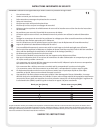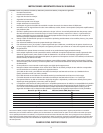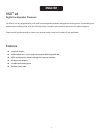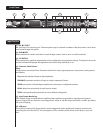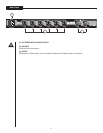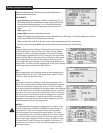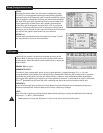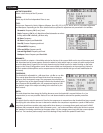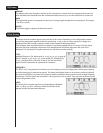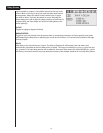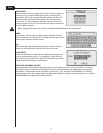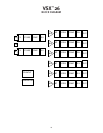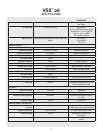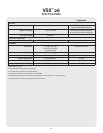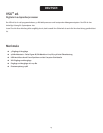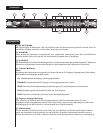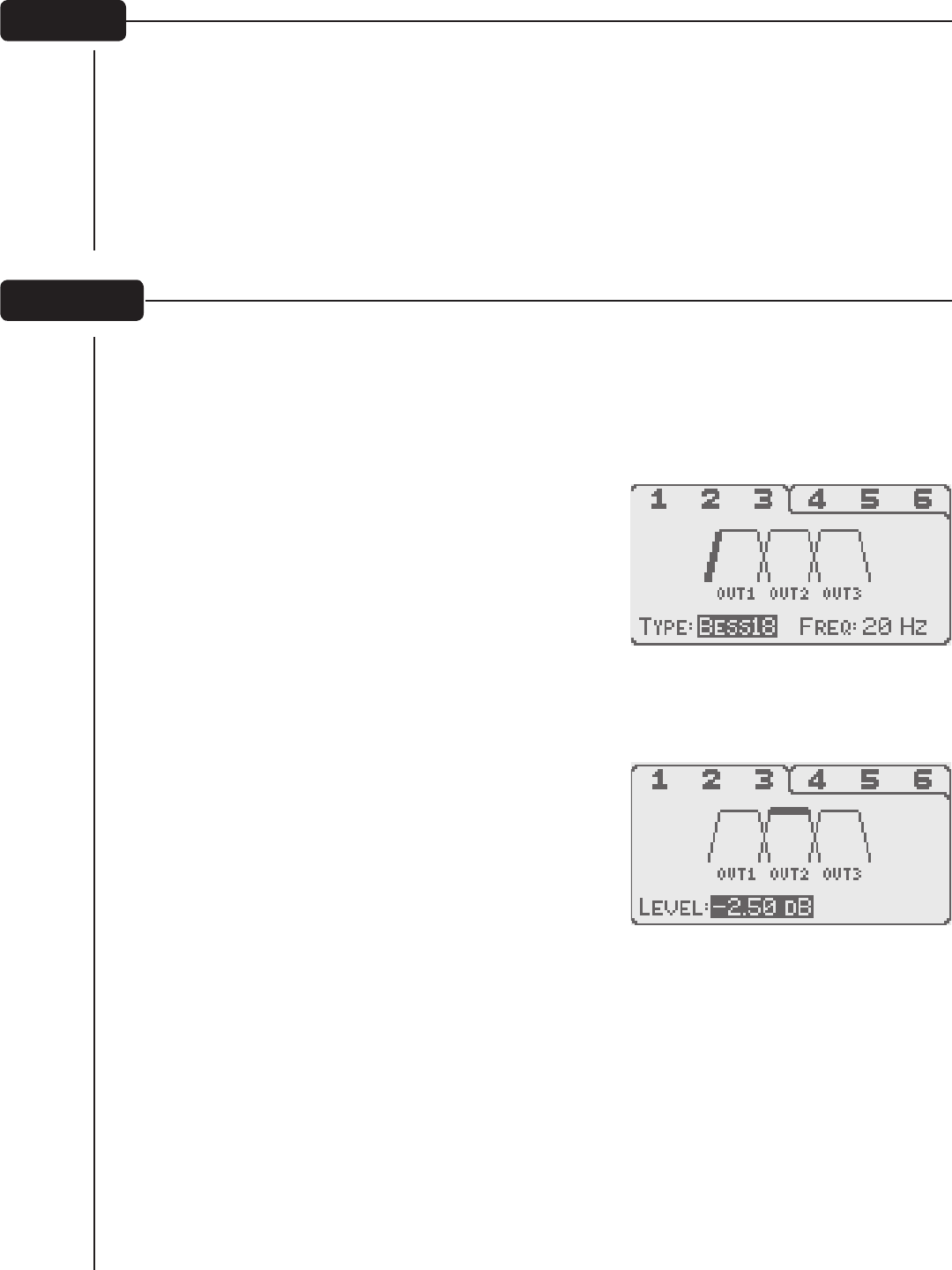
13
The Release value sets the amount of time for the compressor to recover from the compressed state once the
level falls below the threshold level. We recommend release times of 5x to 10x the Attack time in normal use.
This adjustment serves to compensate for the loss in average signal strength due to compression. The range is
–100 dB to + 30 dB.
This button toggles to bypass the dynamics section.
The output channel numbers appear across the top of the screen. Depending on the configuration template
chosen they may appear together as blocks representing 2-way, 3-way or 4-way crossovers or singly as a
Bandpass filter. After making a selection rotate the data wheel to adjust parameters.
Each bandpass filter associated with the crossover is represented graphically on the screen. The two slopes
represent the lower and upper frequencies of the bandpass and the plateau represents the level of the
bandpass. The intersection of slopes represents the electrical crossover point(s).
Available filters are: Flat, Butterworth 6, 12, 18, 24, 30, 36, 42, and 48
dB/oct.; Bessell 12, 18, 24, 30, 36, 42 and 48 dB/oct; Linkwitz-Riley
12, 24, 36 and 48 dB/oct. The user is free to mix and match filter
types to create symmetrical or asymmetrical crossovers.
The VSX™ 26 is a very powerful tool and as such the frequency points are independent, allowing over-lapping
or under-lapping as the system may require. The lowest and highest slopes in the chain are useful as high and
low system cutoff filters to prevent low frequency rumble and speaker over excursion as well as high frequency
interference. The filter points are selectable in 1 Hz steps from 20 Hz to 20kHz. They may also be selected in the
setup/configuration screen.
The levels of the crossover sections are independently adjustable
from –15 dB to +15 db in .5 dB steps. Move the indicator to the
plateau and the level parameter appears.



